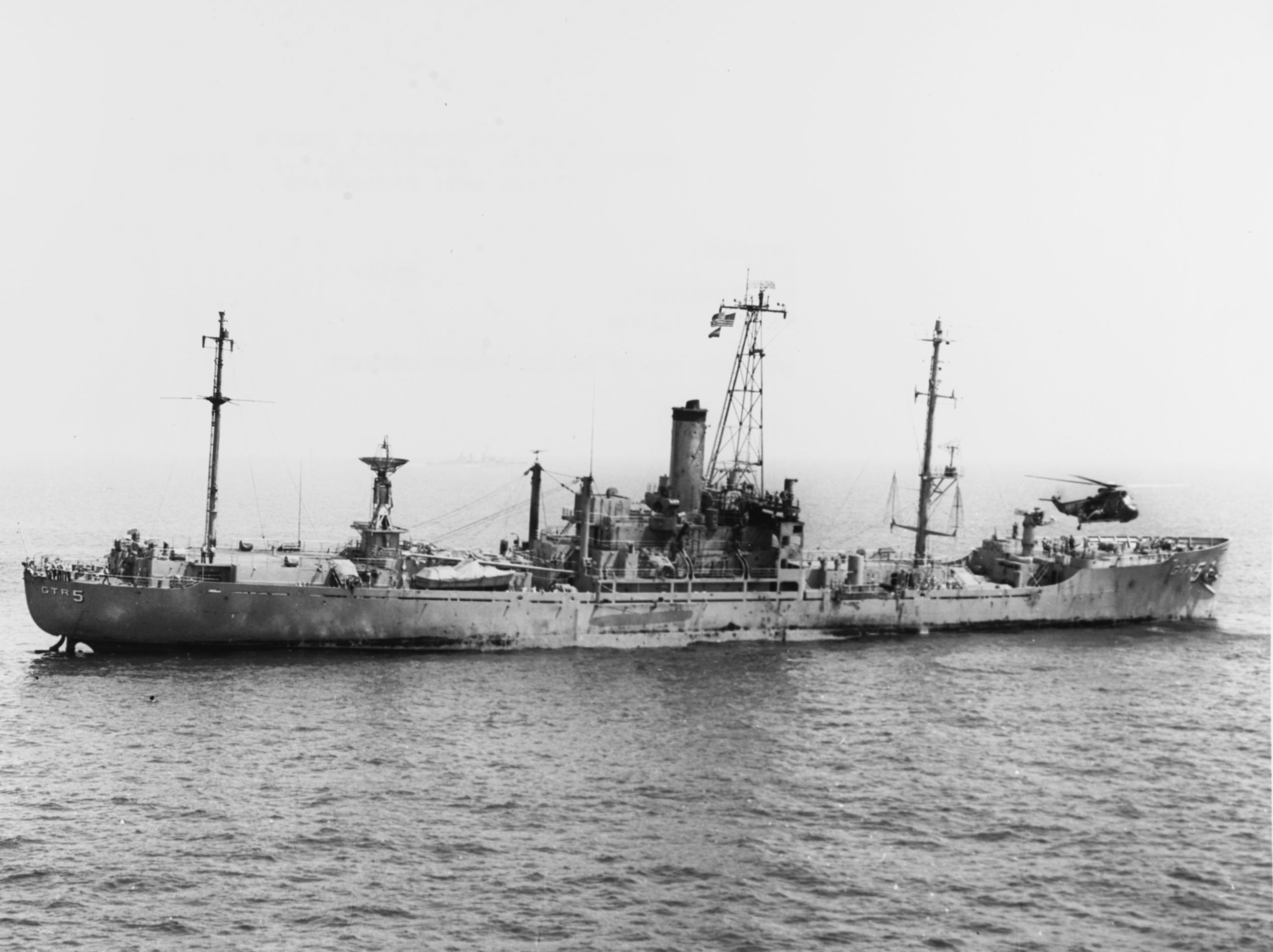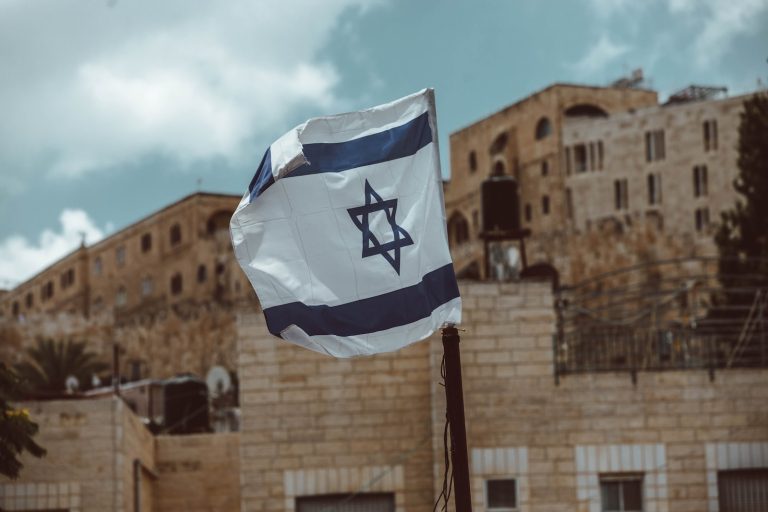
The USS Liberty Incident: Unraveling a Controversial Chapter in U.S.-Israeli Relations
The USS Liberty incident, which occurred on June 8, 1967, during the Six-Day War, remains a controversial and debated episode in the history of U.S.-Israeli relations. The attack on the USS Liberty, a U.S. Navy intelligence ship, by Israeli forces in the Mediterranean Sea has raised questions about intent, communication failures, and the geopolitical complexities of the time.
Background:
During the Six-Day War between Israel and its neighboring Arab states, the USS Liberty, a U.S. Navy technical research ship, was tasked with monitoring communications in the region. The ship was operating in international waters off the coast of the Sinai Peninsula.
The Attack:
On the fateful day of June 8, 1967, Israeli aircraft and torpedo boats launched a sudden and ferocious attack on the USS Liberty. The ship sustained significant damage, with casualties numbering 34 killed and 171 wounded. The attack damaged the ship’s intelligence gathering capabilities and sparked immediate diplomatic tensions.
Official Statements and Explanations:
Israel quickly apologized for the incident, asserting that the attack was a case of mistaken identity. According to Israel, they believed the USS Liberty to be an Egyptian vessel. The U.S. government accepted Israel’s apology and explanation, officially attributing the incident to a tragic error.
Controversies and Conspiracy Theories:
Despite official explanations, the USS Liberty incident has been the subject of numerous controversies and conspiracy theories. Some argue that the attack was intentional, fueled by suspicions that the ship was monitoring Israeli activities during the Six-Day War. Others claim that there were deliberate attempts to cover up the true nature of the incident.
Survivor Testimonies and Ongoing Dispute:
Survivors of the USS Liberty attack have consistently contested the official narrative, asserting that the ship was unmistakably flying the American flag and that the attack was intentional. The incident continues to be a source of tension and disagreement, with some advocating for further investigation and acknowledgment of the events surrounding the attack.
Legacy and Unanswered Questions:
The USS Liberty incident remains a painful and contested chapter in U.S.-Israeli relations. The lingering questions and unresolved issues surrounding the attack underscore the complexities of geopolitical alliances and the challenges of maintaining transparency during times of conflict.
Survivors’ Perspectives: Abandonment by Their Government
The aftermath of the USS Liberty incident has been marked not only by the physical scars left on the ship but also by the emotional and psychological toll on the survivors. Many of the USS Liberty crew members have expressed a sense of abandonment by their own government in the wake of the attack.
Despite the traumatic events they experienced, survivors contend that the U.S. government’s response to the incident left much to be desired. From the outset, the official narrative embraced by the U.S. and Israeli governments described the attack as a tragic case of mistaken identity. While this explanation was officially accepted, survivors and some families of the victims have consistently challenged it.
The survivors argue that the evidence, including the conspicuous display of the American flag on the USS Liberty during the attack, should have prompted a more thorough investigation. Many feel that the U.S. government was quick to accept Israel’s apology and explanation without delving deeper into the circumstances surrounding the incident.
Over the years, survivors have sought acknowledgment, accountability, and a more comprehensive investigation into the events of June 8, 1967. Their calls, however, have largely gone unanswered. The lack of a more transparent and thorough inquiry has contributed to a sense of betrayal among the USS Liberty survivors, who feel that their sacrifices and the loss of their comrades have been overlooked or downplayed.
This perceived abandonment has fueled ongoing disputes and strained the relationship between the survivors and the government they served. Some survivors argue that the absence of a comprehensive investigation has hindered their ability to find closure and has perpetuated a sense of injustice that lingers to this day.
As debates surrounding the USS Liberty incident persist, the voices of the survivors continue to advocate for a reassessment of the official narrative, acknowledgment of their grievances, and a more transparent examination of the circumstances surrounding the attack. The survivors’ quest for recognition remains an integral part of the broader narrative surrounding the USS Liberty incident, reflecting the enduring complexities and sensitivities tied to this controversial chapter in U.S.-Israeli relations.
Conclusion:
The USS Liberty incident stands as a stark reminder of the intricacies and challenges inherent in international relations, especially during times of conflict. The incident remains an open wound for survivors and their families, highlighting the importance of accountability, transparency, and honest communication between nations. As the debate continues, the USS Liberty incident remains a controversial and unresolved chapter in the shared history of the United States and Israel.





Average Rating